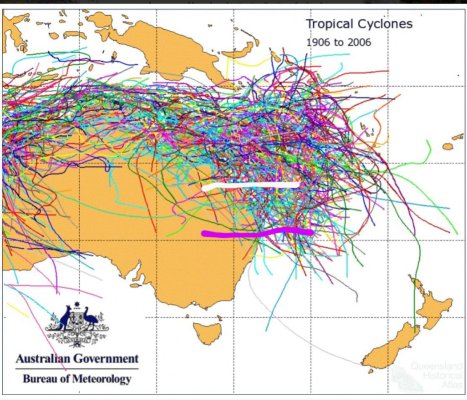People who keep boats below Hatteras during hurricane season are the exception. Perhaps this is too strongly stated but my feeling is they assume this risk with eyes wide open. I think it’s unreasonable for them or insurance companies to ask those who recognize this risk and act to decrease the risk by moving their boats out of the zone or into hurricane moorings or following a strict hurricane plan to assume the risk of those who don’t.
I understand there’s not sufficient dry storage in Florida. I understand owners try their best to secure their boats.
I do not understand why in advance of the season those boats aren’t either moved out of the zone or the owners are forced to assume the financial, emotional, and legal risks involved.
I suspect some percentage of damaged boats down there will have been owned and managed in exactly that way: liability only insurance, and the owner writes off the rest. Don't know how large a percentage of damaged boats that might be.
As to moving, yes, I think theoretically easy to choose that option. Practically speaking, not as easy, given that the movement should probably happen a week before landfall... otherwise you're in a washing machine during transit.
Using this case as an example, where would you move to? Tampa? No wait, that's where landfall was predicted. Key West? That might well have worked this time, but it's almost never a good choice given existing pressure on Key West infrastructure. Apalachicola, or points further west? Not bad, although the predicted zone likely meant guessing further west (Pensacola?) would be decent -- even if it did eventually turn out that far west wouldn't have been necessary. Anyway, on it goes...
At the same time Harry Home/Boatowner down there is maybe also dealing with home issues. (I think it took us two days to just put up our storm shutters when we lived in South Florida...)
Our plans up here are easier, but not perfectly straightforward. Our own boatyard can haul us, at the rate of 5-7 boats/day; with ~400 boats on site, gotta decide way early. And then if storm surge exceeds about 8' (a guess) we'd float off the blocks. Other boatyards can be higher, but then everybody and his brother is competing for slots there, too.
There are a few local marinas with new floating docks and VERY TALL piles, some even in slightly wind protected areas. Good, but getting there comfortably means leaving home at least 4 days early. (Not horrible, actually.) Larger changes in area are a crapshoot. When Sandy was coming north, moving to Delaware Bay looked like an alternative... but it turned out Sandy came ashore on Delaware Bay... so we'd have been slightly screwed. And on it goes.
I guess bottom line for me is just that I can recognize the quandary for owners in the Ft. Myers area... and I expect a percentage of owners weren't just sloughing it all off...
-Chris

